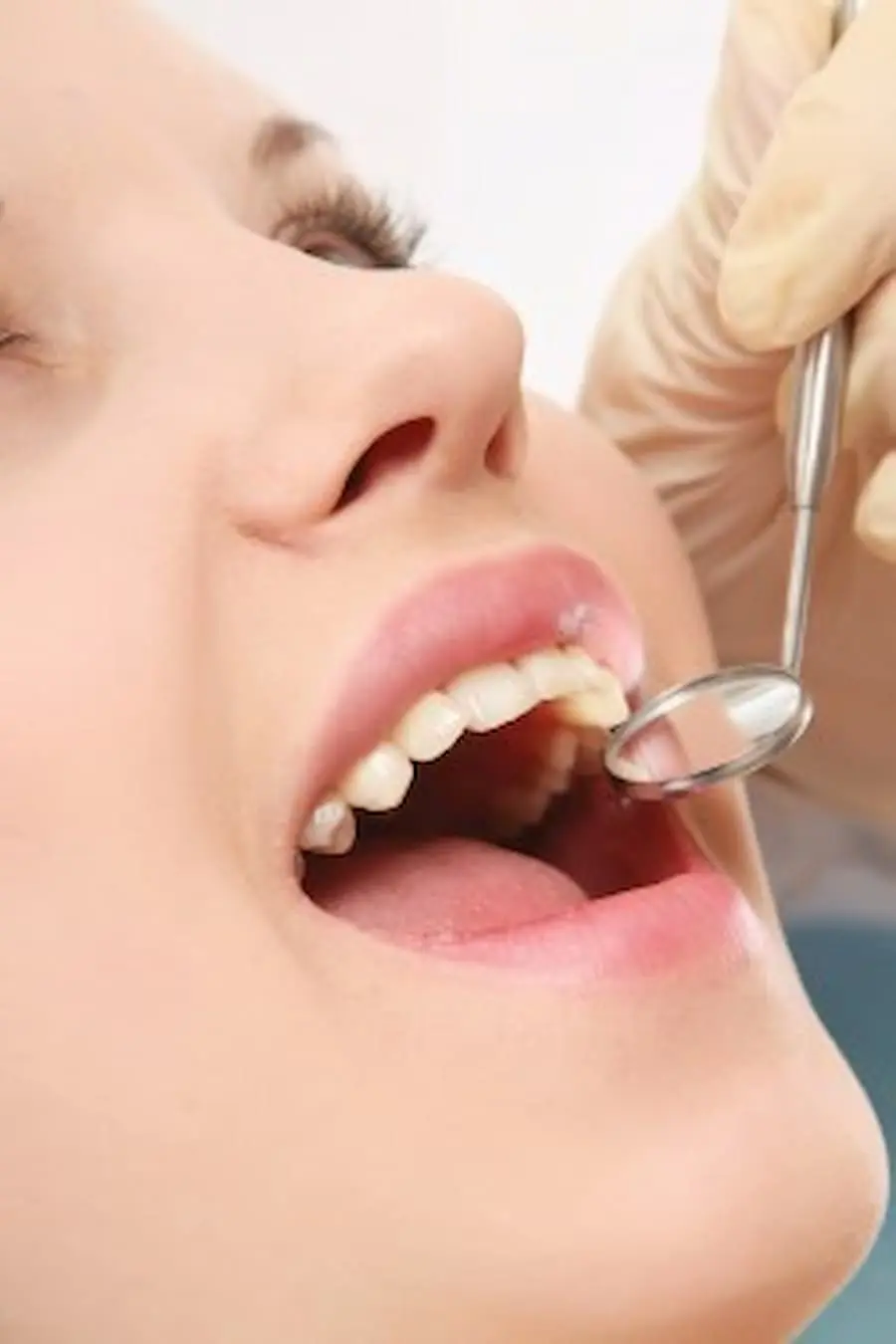15 Aug Bone Resorption: Will bone grafting help?
 When teeth are missing, the body will resorb bone because the roots of teeth no longer keep the jaw stimulated. Bone deterioration is of major concern to patients with missing teeth as it can affect the vitality of existing biological teeth, change the shape and structure of a person’s face, and affect oral function. Bone grafting is one way to remedy the effects of bone deterioration while also increasing the likelihood of patients’ dental implants stabilizing in the jaw.
When teeth are missing, the body will resorb bone because the roots of teeth no longer keep the jaw stimulated. Bone deterioration is of major concern to patients with missing teeth as it can affect the vitality of existing biological teeth, change the shape and structure of a person’s face, and affect oral function. Bone grafting is one way to remedy the effects of bone deterioration while also increasing the likelihood of patients’ dental implants stabilizing in the jaw.
What is bone grafting?
A graft is a procedure that helps replace lost tissue. In medicine, skin and bone can be grafted. When it comes to rebuilding lost bone in the jaw, bone may be taken from a tissue bank or another part of the body such as the hip, and surgically placed over areas where bone is sparse. Over time, new, grafted bone will fuse to existing bone structure.
Why is bone mass important for stabilizing dental implants?
A dental implant is designed so that bone can integrate to its titanium structure. The process of bone fusing to titanium is called osseointegration. If there is an insufficient amount of bone, it cannot hold the implant in place. An implant’s durability is contingent on bone fusing to it so that it can support a prosthetic crown and endure the daily wear and tear associated with oral function.
How do I know if I have lost bone mass?
Sometimes, people who have suffered with long-term tooth loss, the shape of their jaw will change over time. For instance, one could review photos of themselves from years before to current day and see a noticeable difference in their face shape. For the most part, however, a dentist or oral surgeon most often detects bone deterioration during a checkup where X-rays are taken. Some patients with bone loss – especially those interested in dental implants – will be recommended for bone grafting procedures.
To learn more about your tooth replacement options with dental implants and bone grafting, call our office to reserve a consultation.

